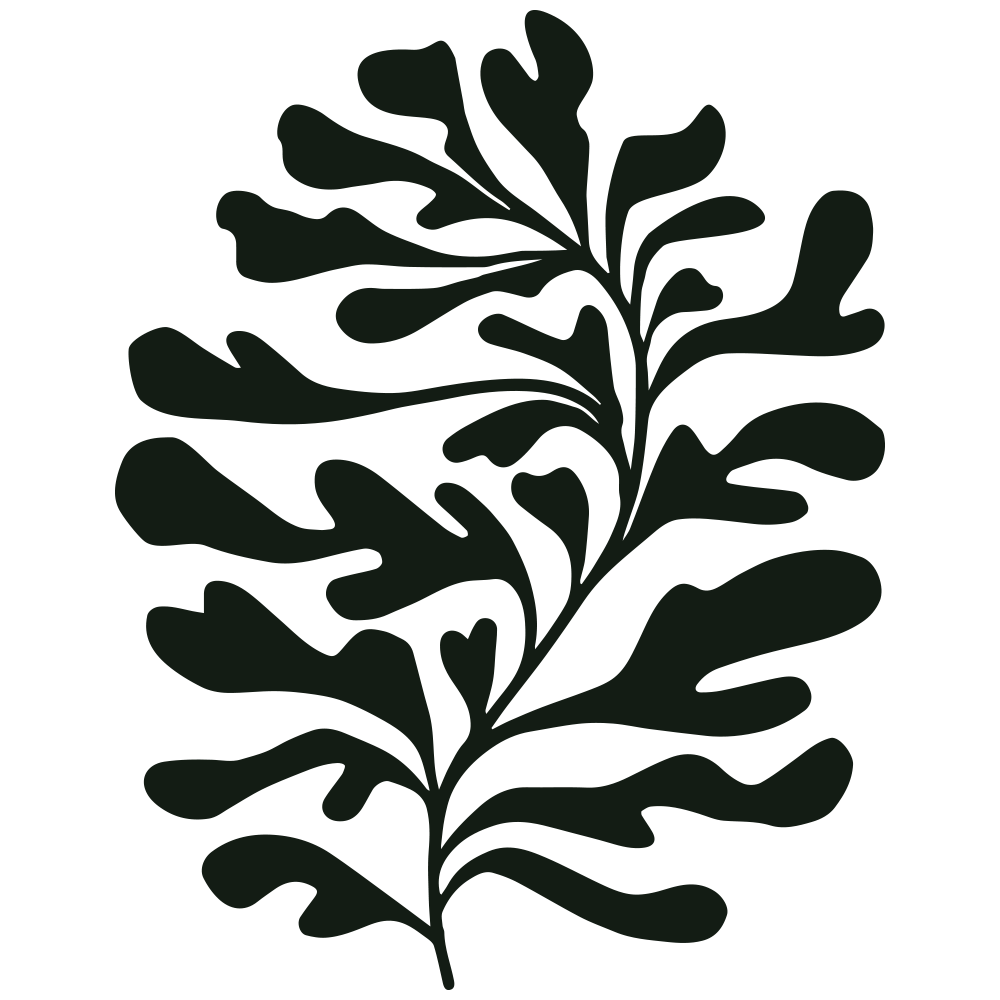Plant Profile: Verbena hastata
Hello plant enthusiasts! If you're a fan of eye-catching and easy-to-care-for perennials, then you've got to learn about Verbena hastata, also known as Blue Vervain. This under-the-radar gem is a wonderful addition to any garden, especially those in the Pacific Northwest, and today we're diving into why!
What is Verbena hastata?
Verbena hastata is native to North America, including certain areas within the Pacific Northwest. It has slender, long stems adorned with spikes of small, tubular flowers. The flowers are usually violet-blue, creating a striking contrast with the lance-shaped, deep green foliage.
Technical Specifications
Native to: North America
Water Requirements: Moderate, drought-tolerant once established
Light Requirements: Full Sun to Partial Shade
Bloom Time: June to September
Bloom Length: 3-4 months
Flower Color: Violet-Blue
Foliage: Lance-shaped, Deep Green
Why It’s Perfect for the Pacific Northwest
The climate in the Pacific Northwest perfectly suits the Verbena hastata. It's accustomed to moderate watering but can tolerate drought once established. This is perfect for the Northwest's wet winters and drier summers. Plus, it's frost-tolerant, ensuring that it survives the colder months.
Benefits for Pollinators
Pollinators love Verbena hastata! Its long-lasting blooms provide nectar for butterflies and bees throughout the summer, making your garden a hub for these essential critters.
Why We Love Using Verbena hastata in Our Designs
In our horticultural designs, Verbena hastata brings vertical interest and dynamic texture. Its vibrant violet-blue flowers pop against other foliage, becoming a focal point in any planting plan. The easy-care nature of this perennial also means less maintenance for you, while its benefits for pollinators align well with eco-conscious gardening.
So, if you're looking to add a versatile and striking plant to your garden, Verbena hastata should be on your list!
Verbena hastata

